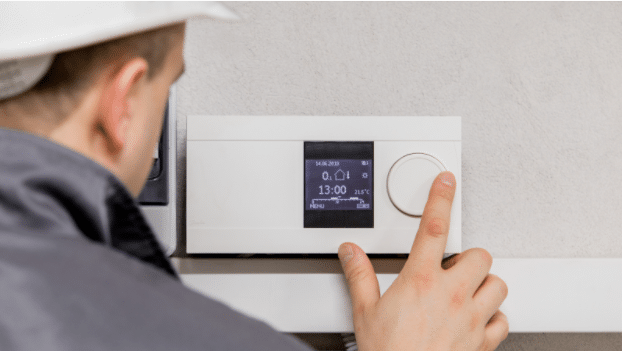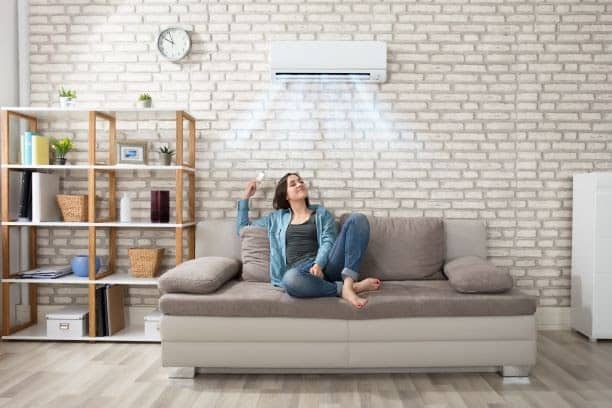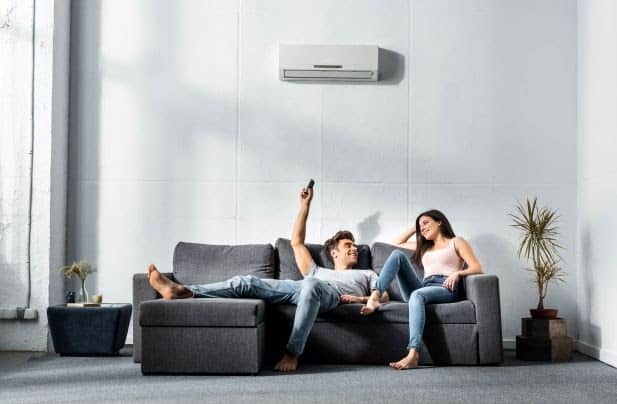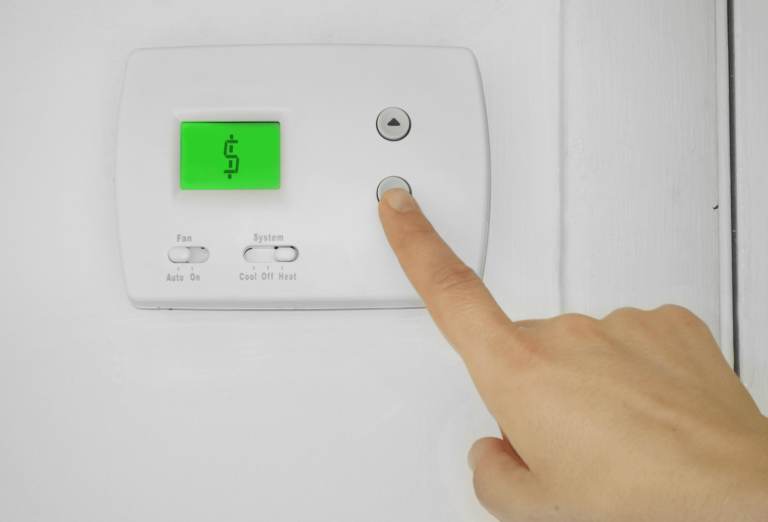Heat Pump Basics: What It Is and How It Works
When it comes to keeping your home comfortable year-round, few systems are as versatile and efficient as a heat pump. Whether you’re dealing with the sweltering heat of summer or the chill of winter, this HVAC system can help regulate your home’s temperature efficiently. But what exactly is a heat pump, and how does it work? Let’s dive into the basics.
What Is a Heat Pump?
A heat pump is a type of HVAC system that can both heat and cool your home. Unlike traditional heating systems that generate heat by burning fuel, it transfers heat from one place to another. This makes it a highly energy-efficient option for maintaining a comfortable indoor environment.
Heat pumps come in several types, including air-source, ground-source (also known as geothermal), and water-source. The most common type, the air-source heat pump, works by transferring heat between your home and the outside air.
How Does a Heat Pump Work?
The operation of a heat pump is based on the principles of refrigeration, similar to how your refrigerator or air conditioner works. Here’s a simplified breakdown of how it functions throughout the year:
- Heating Mode: During colder months, this heating and cooling unit extracts heat from the outside air, even when it’s cold, and transfers it inside your home. It does this by circulating a refrigerant through a cycle of evaporation and condensation, absorbing heat from the outside air and releasing it indoors.
- Cooling Mode: In the summer, the process is reversed. The system extracts heat from the indoor air and releases it outside, effectively cooling your home. This dual functionality makes the heat pump a highly efficient option for year-round climate control.
Benefits of a Heat Pump
One of the biggest advantages of this type of HVAC system is its efficiency. Because it transfers heat rather than generating it, a heat pump can provide the same amount of heating or cooling at a fraction of the energy cost compared to conventional systems. Here are some other benefits:
- Energy Efficiency: Heat pumps can be up to 50% more efficient than traditional heating systems, which can lead to significant energy savings.
- Environmental Impact: By using less energy, heat pumps reduce your carbon footprint, making them a more environmentally friendly choice.
- Versatility: A single system handles both heating and cooling, simplifying your home’s HVAC setup.
- Comfort: Heat pumps provide consistent, even heating and cooling throughout your home, without the temperature swings often associated with other systems.
Is a Heat Pump Right for Your Home?
While heat pumps offer many benefits, they may not be the perfect fit for every home. Factors like your local climate, home insulation, and existing HVAC infrastructure should be considered. In milder climates, heat pumps are exceptionally effective, but in areas with extreme cold, you might need a supplemental heating system.
A heat pump is a smart, energy-efficient choice for many homeowners, providing reliable comfort all year round. Whether you’re looking to upgrade your current system or are considering a new installation, understanding the basics of how this heating and cooling system works can help you make an informed decision.
Ready to upgrade your home’s heating and cooling system? Contact Air Rescue today to learn more about our high-efficiency AC and heating systems and schedule a consultation with our expert technicians. Stay comfortable all year round with our maintenance services! Learn more about our worry-free VIP Protection program.








